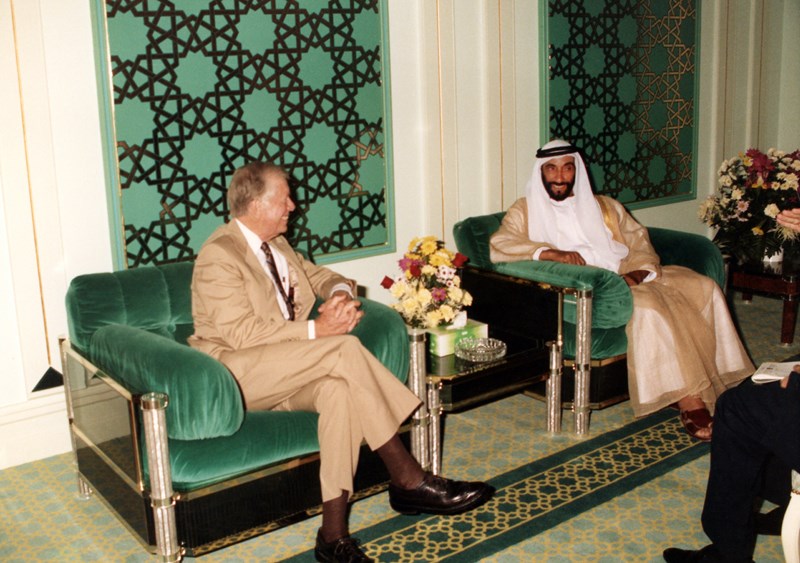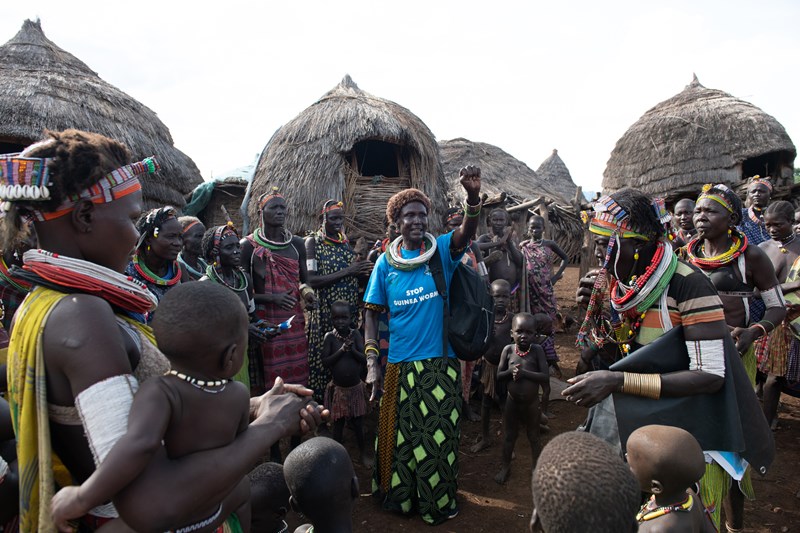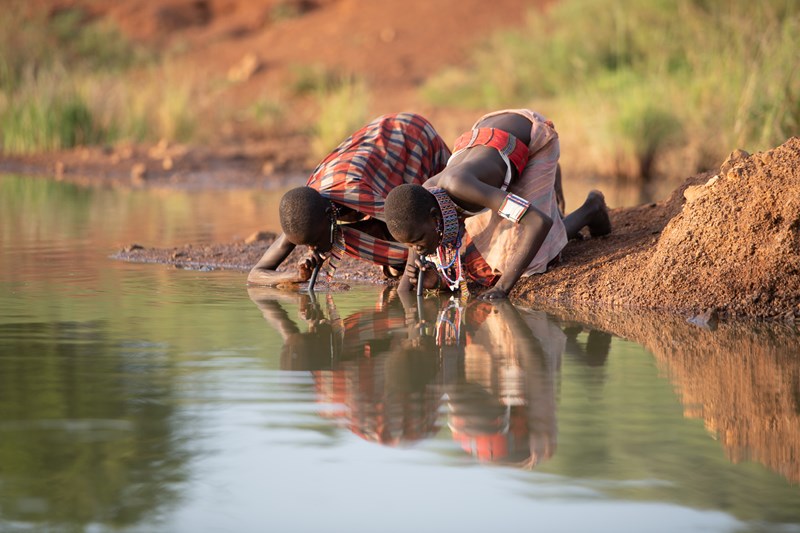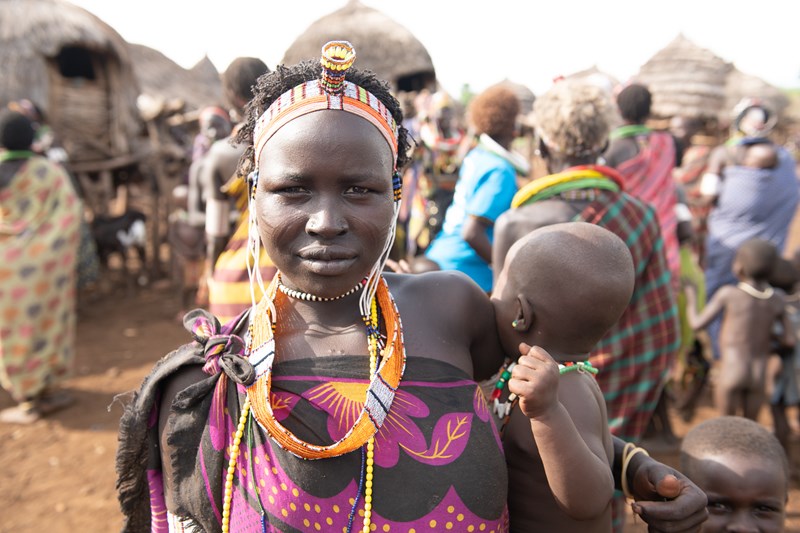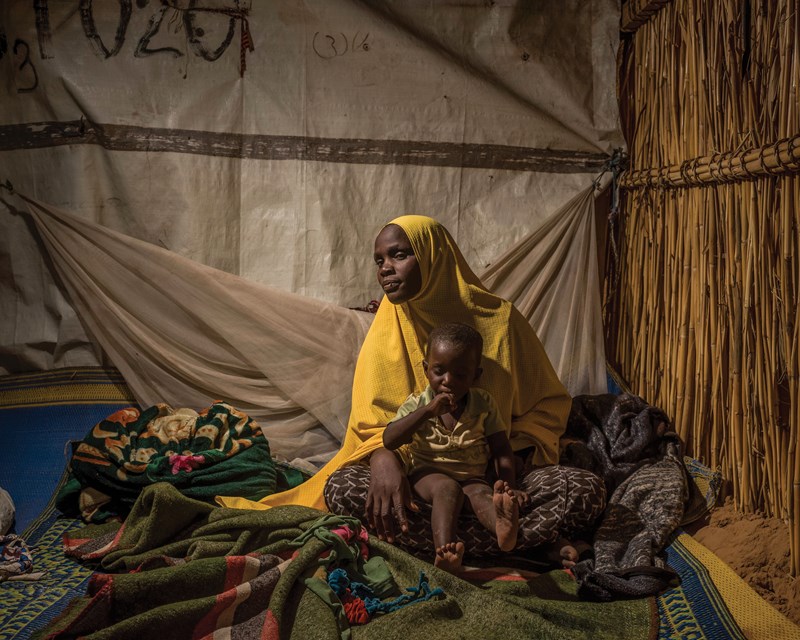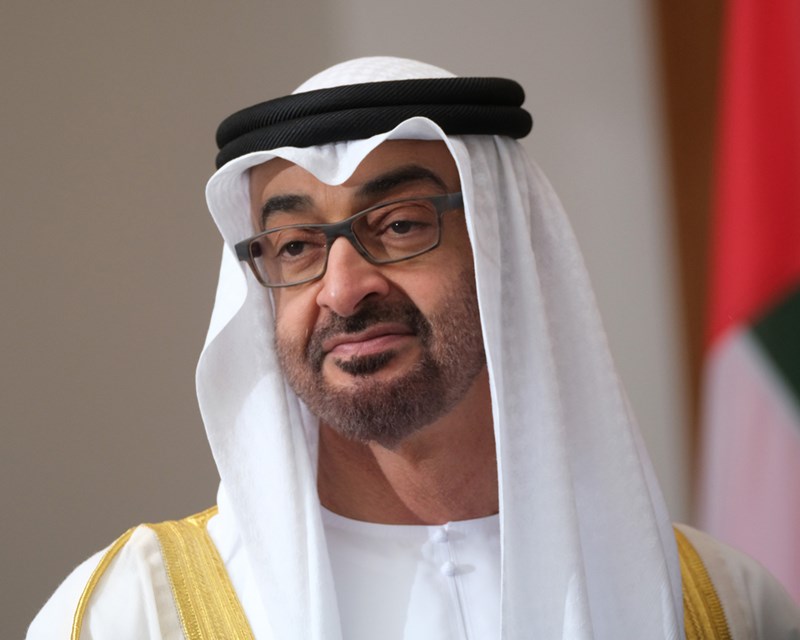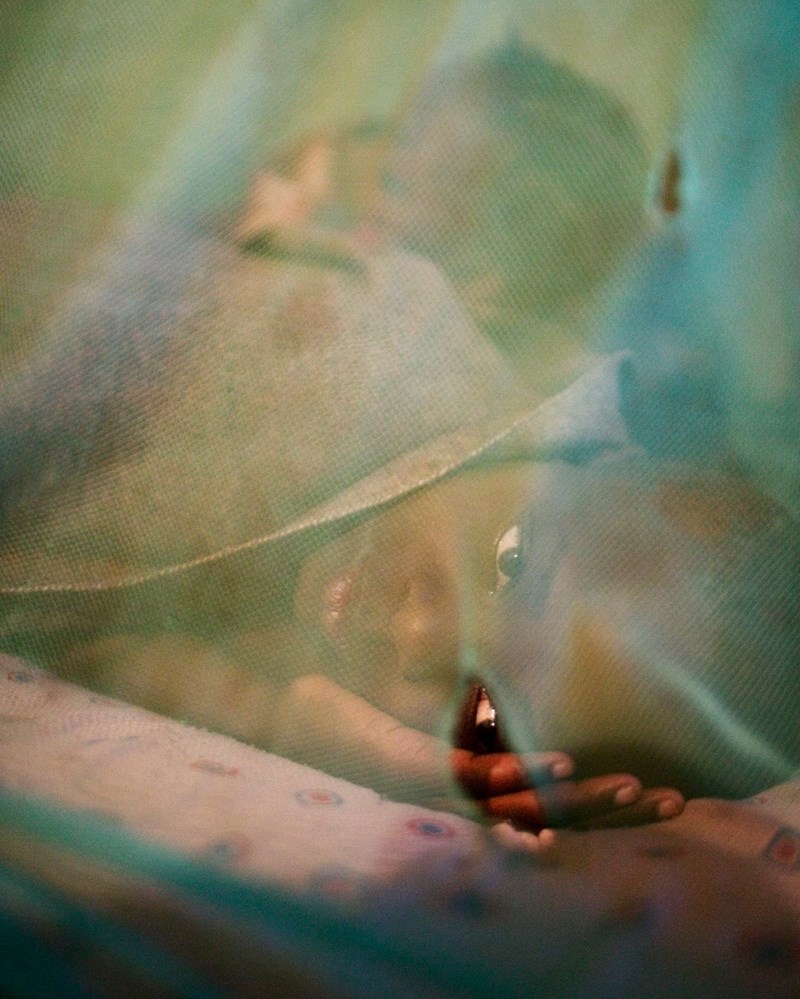Guinea worm has rarely held the spotlight. In 1990, when former US President Jimmy Carter first met Sheikh Zayed, the UAE’s founding father, the disease still terrorised approximately 23,000 villages in Asia and Africa, but was largely forgotten in the west.
On the agenda that day in Abu Dhabi was President Carter’s plan to wage war on the parasite – and his goal to make Guinea worm the second human disease after smallpox to be eliminated worldwide.
The outcome of their conversation was the start of a philanthropic partnership that has endured for three decades, and which has helped push eradication efforts to the precipice of victory.
“Their partnership began at a time when most people did not know what a neglected tropical disease was,” says Jason Carter, chair of the Carter Center’s Board of Trustees and a grandson of President Carter. “But these two great leaders felt a kinship and a desire to help people that others were ignoring. There was a remarkable connection between them.”
That first gift from Sheikh Zayed to the Carter Center was the catalyst for a journey that has seen the UAE give millions to the fight to vanquish Guinea worm – and, in lockstep, cases dwindle to just a handful in rural pockets of Africa. Through the Al Nahyan family, the country has given some $35m to the foundation to combat preventable diseases, and is today the third-biggest funder of the global Guinea worm eradication campaign.
It is also a partnership that has reached across generations. Since the passing of Sheikh Zayed, his son and Abu Dhabi’s crown prince, Sheikh Mohammed bin Zayed, has picked up the baton to focus his philanthropy and influence on ending preventable diseases.
“From advancing educational opportunities for children to improving livelihoods for adults, this work can deliver outsized benefits beyond bettering health outcomes,” notes Reem Al Hashimy, UAE Minister of State for International Co-operation. “It is critical to remain persistent at the last mile, which is often most difficult.”
The fight against Guinea worm has been long and weary. The parasite is one of more than a dozen so-called neglected tropical diseases – such as river blindness and leprosy – that blind, disfigure and disable millions of the world’s poorest each year. In preventing people from working or attending school, they also cost billions of dollars in lost productivity.
